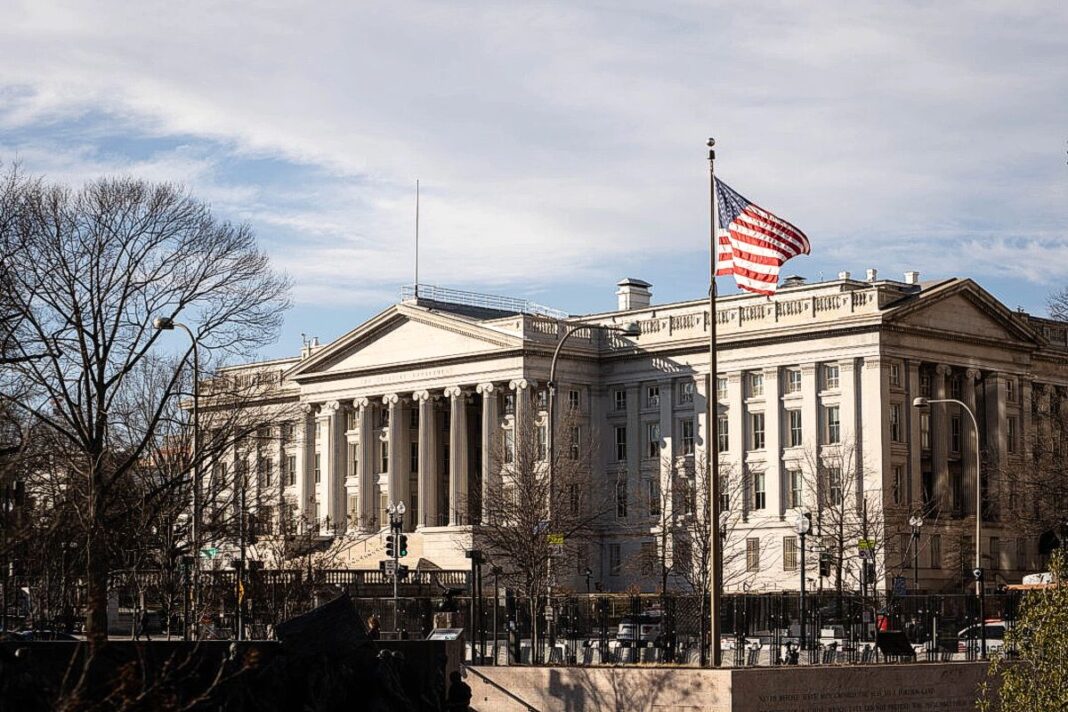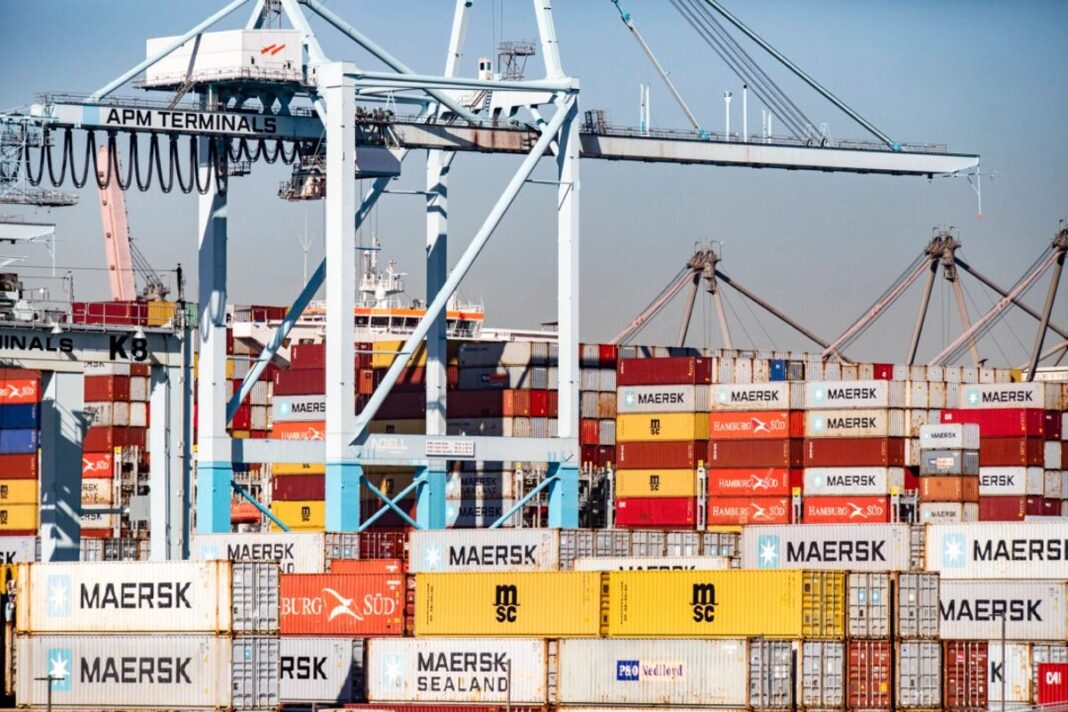One of the most significant changes will be the requirement that all outgoing government payments include a payment categorization code.
Elon Musk said Saturday that the Department of Government Efficiency (DOGE) and the U.S. Treasury Department have agreed on new anti-fraud measures aimed at preventing tens of billions of dollars in fraudulent government entitlement payments each year.
In a Feb. 8 statement shared on social media, Musk described the scale of the problem as “utterly insane,” citing estimates that at least $50 billion annually is being lost due to improper payments, including funds going to individuals without Social Security Numbers or even temporary ID numbers.
Musk, who leads DOGE and has been designated a “special government employee” by President Donald Trump, revealed in the post that Treasury officials estimated that $100 billion in annual entitlement payments may be going to individuals without verifiable identification.
In a discussion with Treasury personnel, Musk said he asked for an estimate of how much of that is “obvious and unequivocal” fraud, and the consensus was that at least half—$50 billion per year, or around $1 billion per week—is fraudulent.
“This is utterly insane and must be addressed immediately,” Musk wrote, adding that the DOGE team and Treasury have jointly agreed to a series of reforms.
One of the most significant changes will be the requirement that all outgoing government payments include a payment categorization code. According to Musk, these codes are essential for financial audits, yet they are frequently left blank, making it nearly impossible to track where taxpayer dollars are going.
Under the new rules, every payment will also need to include a rationale in the comment field. Currently, many government payments lack any explanation, making it difficult to assess their legitimacy, Musk said. While he emphasized that no judgment will be applied to these rationales at this stage, requiring at least some justification for payments is expected to serve as a deterrent against waste and fraud.
Another reform involves more effective implementation of Treasury’s Do-Not-Pay list, which is meant to prevent payments to fraudulent entities, deceased individuals, suspected terrorist fronts, and other entities or people who should not be paid by federal agencies. Musk said that this list has not been strictly enforced, with some payments still being made to flagged entities. He also pointed out that it can take up to a year for names to be added to the list, calling for weekly or even daily updates to prevent ongoing fraud.
By Tom Ozimek







